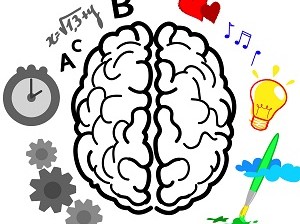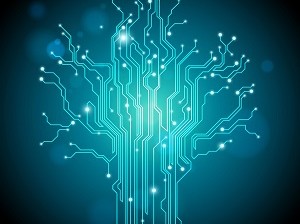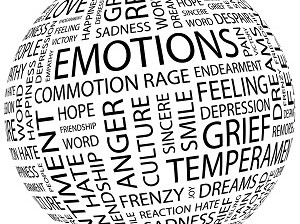Category Archives: Cognitive Science
02 Apr Context and Expectations

Expectations are context based, top-down ideas of what comes next. These top-down ideas feed perceptual processing centers in the brain, helping us focus on what matters, ,and sometimes blinding us to other possibilities. The two types of context we will consider today are sensory and non-sensory. Sensory context applies to anything in the physical world […]
01 Apr Generating and Qualifying Propositions

What are the limits of reasoning? Is it possible to reduce every cognitive activity (telling time, falling in love, inventing rockets…) to a set of premises and conclusions: propositions? LITTLE ANIMALS ARE FURRY is a very simple proposition. Can intelligence be defined by the complexity of the sequence of propositions we can balance in evaluating a situation? I […]
31 Mar Truth, Belief and Confidence

Establishing frameworks for truth, belief and confidence can be part of raising a child and part of building a more intelligent system. Parents in households of faith often feel a compelling need to teach their children about things that are outside the realm of scientific discovery. In espionage, intelligence analysts review information collected by agents, electronic snoops, and […]
28 Mar Is Everything Black or White?

We have exercised our abstract ideas about that which is too big and chaotic for us to understand (everything), let’s take a glimpse at that which is so small and chaotic that we may never really figure it out: the workings of the mind. In the next few posts, we will examine different forms of logical […]
27 Mar Cognition and Emotion

I’m conflicted. I suspect you are too. “Since the time of the ancient Greeks, humans have found it compelling to segregate reason from passion, thinking from feeling, cognition from emotion. These contrasting aspects… have in fact often been viewed as waging an inner battle for control of the human psyche” (LeDoux, 1996, p. 24). In earlier […]
26 Mar Bayes and Search Theory

What began as a study of belief has turned into a strategy for solving very complex problems. Thomas Bayes (/ˈbeɪz/; 1701–1761) proposed a model in which adding evidence of different types, or from different sources, to a problem will change the calculated probabilities for the outcomes of the “reasoning” process. We’ve forgotten what he looked like, […]
25 Mar Generalization and Inference

What do you do when you encounter something completely new, such as a new flavor. Can you identify that it is a flavor and that it resembles some flavors you’ve encountered before? If you knew about bridges from experience, but had never seen a drawbridge, or a lift bridge or a covered bridge, would you be able […]







